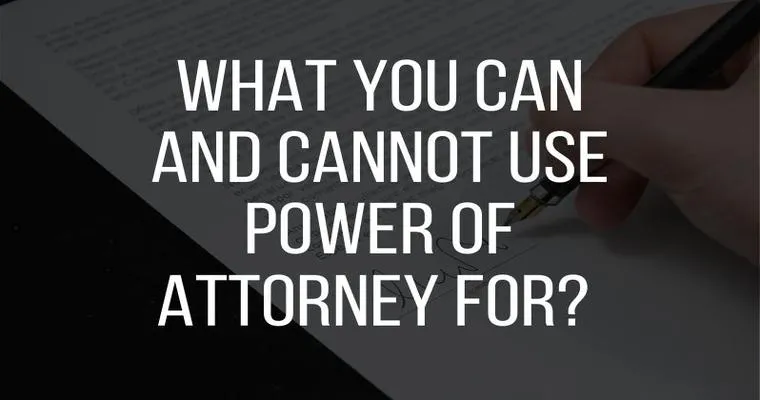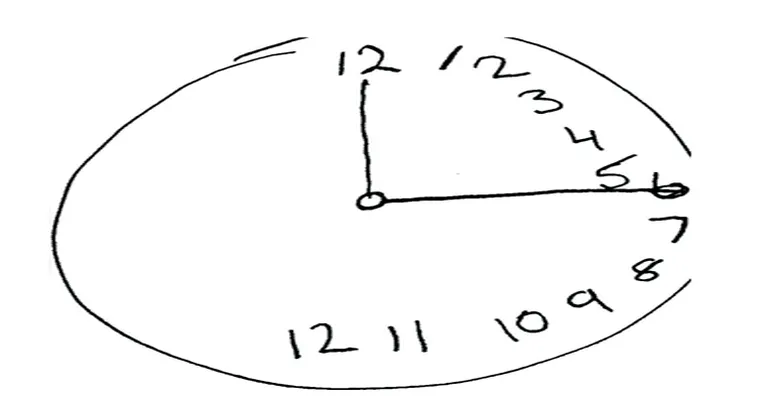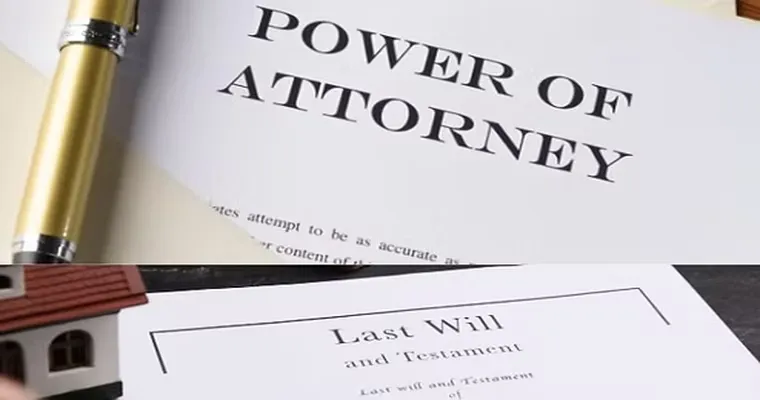When it comes to managing legal and financial affairs, "Power of Attorney" (POA) is a crucial document that grants an individual the authority to act on someone else's behalf. Understanding the "limitations" and "capabilities" of a Power of Attorney is essential for both the principal (the person granting the power) and the agent (the person receiving the power). This article will explore the things you can and can’t do with Power of Attorney, ensuring that you are well-informed about this important legal tool.
What You Can Do With Power of Attorney
1. "Manage Financial Affairs": One of the primary uses of Power of Attorney is to manage financial matters. The agent can pay bills, manage bank accounts, and handle investments on behalf of the principal. This is particularly useful for individuals who may be incapacitated or unable to manage their finances.
2. "Make Health Care Decisions": A specific type of Power of Attorney, known as a Health Care Power of Attorney, allows the agent to make medical decisions if the principal is unable to do so. This includes consent for medical treatments and choosing health care providers.
3. "Sign Legal Documents": The agent can sign contracts, file taxes, and handle other legal documents as if they were the principal. This is often necessary for real estate transactions or business dealings.
4. "Handle Real Estate Transactions": With the appropriate authority, the agent can buy, sell, or manage real estate properties on behalf of the principal, ensuring that their interests are protected.
5. "Access Personal Records": The agent can access personal records, including medical records and financial statements, to effectively make informed decisions for the principal.
What You Can't Do With Power of Attorney
1. "Make or Change a Will": A Power of Attorney does not grant the agent the authority to create or modify a will. Once the principal passes away, the Power of Attorney becomes invalid, and the distribution of the estate is governed by the will.
2. "Make Decisions After Incapacity": If the principal becomes incapacitated but has not designated a durable Power of Attorney, the agent's authority may be limited. A durable Power of Attorney remains in effect even if the principal becomes incapacitated.
3. "Act Outside the Scope of Authority": The agent can only act within the limits set by the Power of Attorney document. If the document specifies certain powers, the agent cannot make decisions beyond those powers without explicit permission.
4. "Use the Principal’s Assets for Personal Gain": An agent must act in the best interests of the principal and cannot use the principal's finances for their own benefit. Misusing funds can lead to legal repercussions, including criminal charges.
5. "Make Personal Decisions for the Principal": While the agent can make financial and medical decisions, they cannot make personal choices, such as where the principal should live or who they should associate with, unless explicitly stated in the Power of Attorney document.
Conclusion
Understanding the "capabilities" and "limitations" of a Power of Attorney is crucial for both principals and agents. By clearly defining the scope of authority and ensuring that the Power of Attorney document is comprehensive, individuals can protect their interests and ensure that their wishes are respected. Always consult with a legal professional to tailor the Power of Attorney to your specific needs and to navigate any complexities involved in this important legal arrangement.





